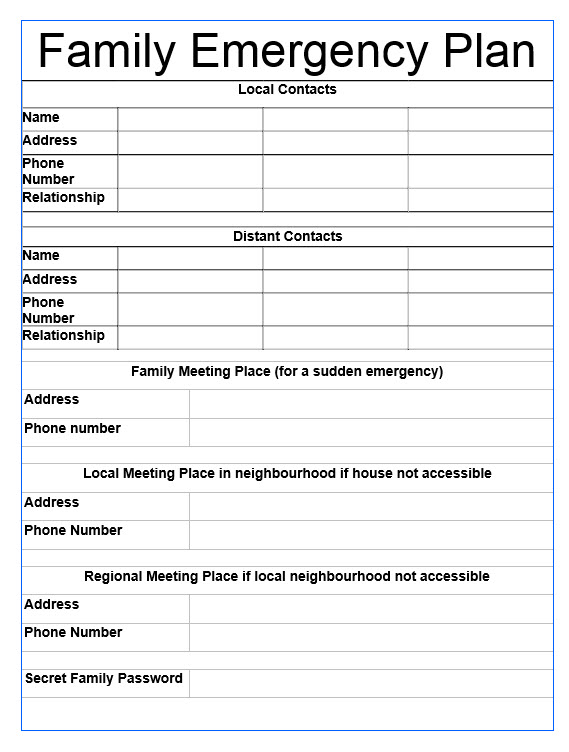#ToddlerTuesday
 Any parent of small children knows they don’t do “boredom”. If they aren’t kept busy, they will find something to amuse themselves and that can often be what you do not want them to do. They are also very often “picky” with their food and need foods that they will eat.
Any parent of small children knows they don’t do “boredom”. If they aren’t kept busy, they will find something to amuse themselves and that can often be what you do not want them to do. They are also very often “picky” with their food and need foods that they will eat.
Surviving Brexit With Babies, Toddlers And Small Children
Hopefully, Brexit will pass off without anyone noticing any difference and you can just play with and feed your children as usual.
If it doesn’t, then preparing ahead of time will save your sanity and make life easier for everyone.
Food
Stock up on any special items you normally feed your child with, including formula (baby milk), rusks, and any foods you know your child likes AND that can be stored with a good long “use by” date. These might include tinned baked beans or spaghetti for older children or tinned soup. Remember to include treats appropriate to your child’s age, such as chocolate buttons and Smarties. They are not only useful as rewards or bribes but if there are problems preparing food, they can stop a child from becoming too hungry. You can also store sliced bread in the freezer, provided it is well wrapped against freezer burn. Frozen sliced bread can be toasted direct from frozen for a quick snack of toast.
Leaving Home
Let’s hope no one has to leave home but if you do, a prepared “go” bag, including a wash bag, pyjamas, clean underwear and a change of clothes for each child is useful. Remember nappies and wet wipes for any child using them. Other useful items for each bag include a bottle of water and a snack, such as a chocolate bar (appropriate to age).
Amusements
Just in case there are power cuts or you have to leave home, then including a game or book or toys in the go bag for each child can save a lot of trouble. Colouring books and crayons or coloured pencils are useful, low tech, easy-carry and cheap items to include. Books are heavier but may be useful for older children. A favourite toy may be vital to remember. Low tech toys are useful if there are power cuts even if you remain at home. You can always remove a few current toys to pack away because by the time October 31st comes around, those toys will seem new again.
Cold Weather
At October 31st, the weather in the UK is usually turning colder, even if there are a few days of Indian Summer. Keep some warm clothes on hand in case there are power cuts or lack of warmth or you have to move.
Brexit Survival Journal
Get checklists that will help you survive Brexit and provide space for you to add your own items with the Brexit Survival Journal.


 Leaving
Leaving
 Home
Home Cooking
Cooking